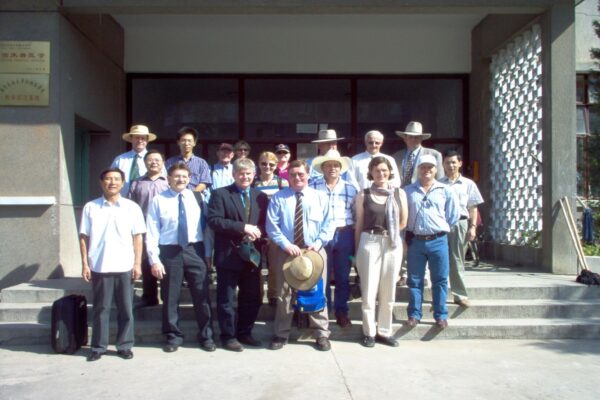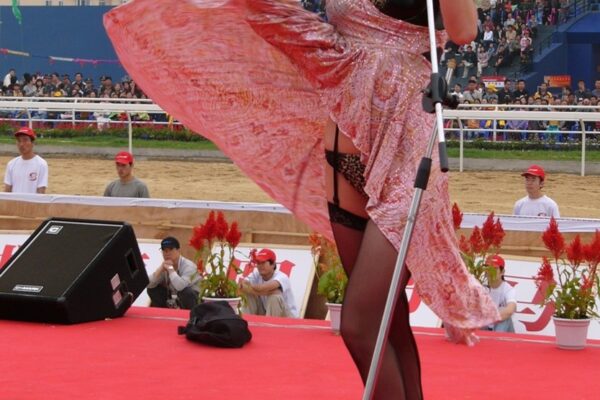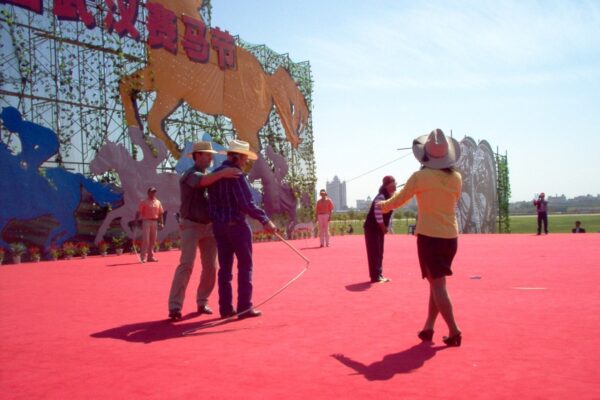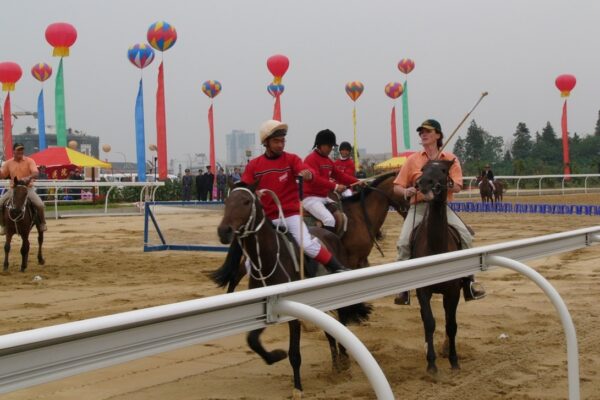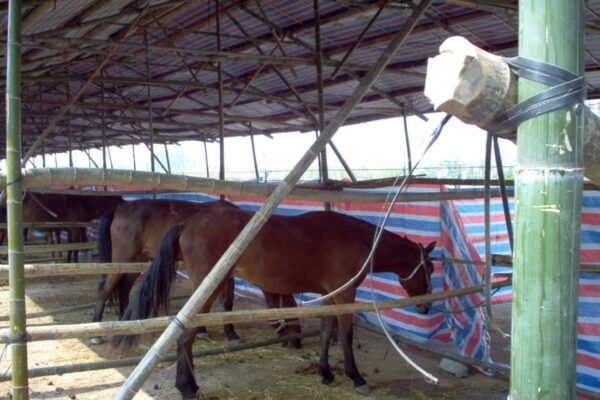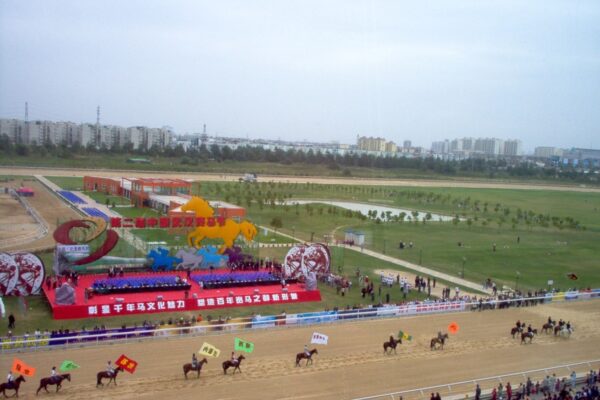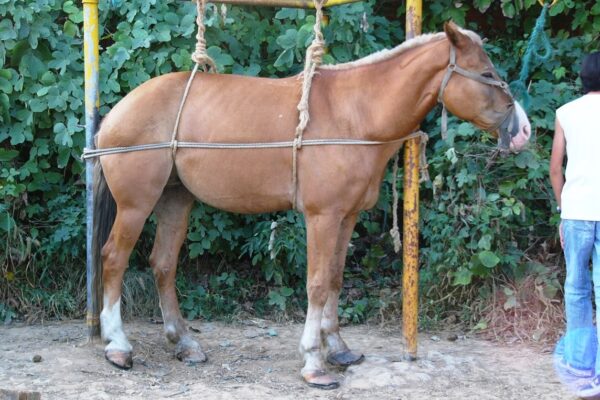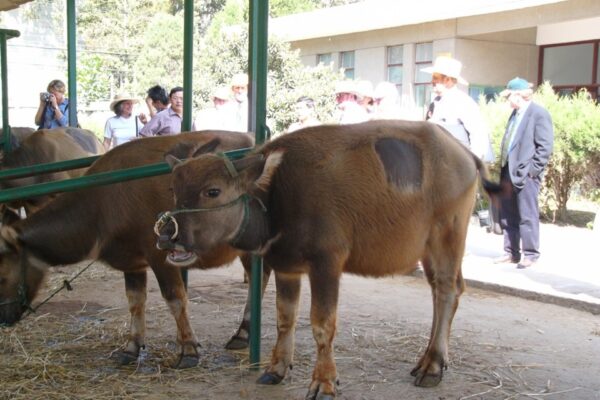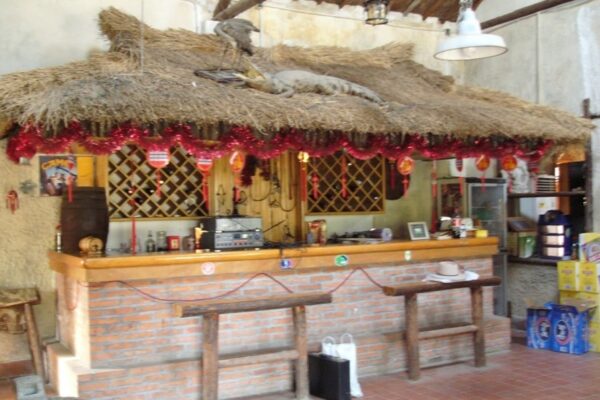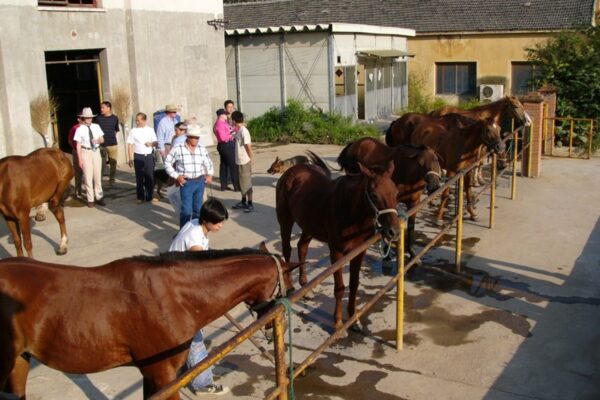Keith Banks – A Racing Legend
By Harley Walden
Most racing legends, long after death, are promoted and perpetuated in the record books. For instance, Tom Smith, will live on by virtue of his 33 successive premierships alone. But there are other legends who do not dominate by their premiership triumphs, their Melbourne Cup victories or similar glories. Sadly, these legends will be forgotten in 100 years simply because those who knew them intimately will not be around to tell the story. To me they are the unforgettable characters; the people who bring great spice to racing reminiscence, but unforgettable only while they are vivid in the minds of those who share the life with them.
Keith Banks, a former jockey is one of them. A short drive up the New England Highway north of Scone on a parcel of land once dotted with dairy farms, now taken over by small thoroughbred studs and agistment properties lies Rosehill Lodge home of the former leading jockey.
Banks was born at Parramatta and spent his early years on his parent’s market garden at West Pennant Hills. As a schoolboy Banks’ first aspirations into the horse game was to become a trotting driver brought about by the frequent visits to his parent’s property of leading reins-man Jim Caffyn, who often spelled his horses at the Banks’ property. Jim Caffyn’s advice to young Banks was to pursue a riding career as he was too small to be a trotting driver.
Being a natural lightweight, 34 kilograms (6 stone) never above 50 kilograms (7 stone 12 pounds), Banks was allowed to leave school at 14 years and seven months, becoming an apprentice to Rosehill trainer Col Papworth. When Papworth started to wind down his operation, Banks moved to Bert Evans, and finished his apprenticeship with Fred Hood.
One thing that will live in Banks’ memory will be his first ride in a race; it was a sensation, at Warwick Farm in March 1959. Hilton Cope’s stirrup broke in a packed field; Noel McGrowdie’s mount came down over Cope and Golden Grove, piloted by then 16-year-old apprentice Banks, crashed on top of both. Banks was admitted to Liverpool Hospital with a broken thigh and pelvis, broken arm and dislocated shoulder. He was in hospital for six months and out of the saddle for a year.
Once back in the saddle, Banks rode a number of winners on out-of-town tracks before cracking it for his first city winner aboard Atlantic Silver at Rosehill. Coming out of his time and losing his allowance, Banks was faced with the dilemma of a lot of jockeys, finding rides in the city. Then an offer came from Walcha grazier Simon (or Stewart?) Nivison to link up with his team and the powerful Walcha stable of Ron Martin, Banks moved to the bush.
He had instant success in the country with his first 14 rides netting 13 winners, including the Inverell Cup and the Challenge Stakes at Randwick aboard Tar Girl. Still in the bush Banks laments on the day he should have ridden the program at Gunnedah. Five winners up and a ride on the favourite in the last’ the only hiccup for the lightweight jockey was that there was not enough lead on course to enable Banks to make the weight.
At one point he despaired completely, gave up racing and worked for the water board for two years before Kevin Hayes approached him to give riding another go.
Over the years Banks earned a reputation in the tradition of the legendary Ted Bartle, as a noted ‘money rider’. He raises a cheeky grin as he recalls some of the really big plunges.
“When Kevin Hayes moved to back one, the bookies shuddered,” he declared.
“We also used to take horses to Brisbane and clean up; and one time we went to the Townsville Cup and made a killing.”
Banks has ridden on almost every metropolitan track on the southern seaboard, including Brisbane, Sydney, Melbourne and he won a Launceston Cup in Tasmania.
Two rides in the Melbourne Cup, ninth on the 66/1 chance Fair Patton to Polo Prince in 1964 and 16th on Cool Alibi 100/1 to Silver Knight in 1971.
The first Melbourne Cup to carry $1,000,000:00 in prizemoney and trophy valued at $2000:00
Banks may not have won a Melbourne Cup, but he had the honour of winning the Archer Cup at Nowra and District’s Archer Course aboard Humble Sovereign in 1981.
Despite almost three decades in the saddle, most racegoers have long forgotten Banks’ triumphs – the 1964 Lord Mayor’s Cup on Fair Patton, 1966 Challenge Stakes on Tar Girl, 1971 Tramway Handicap on Cast Iron, or third on Rocket Fuel in the Sydney Cup behind Lowland and Rain Lover.
Put these together with his host of winners, double and add a few trebles and it is a regime to be proud of. With most racing stories there always comes a Banjo Patterson or Nat Gould twist and Banks adds one of his own.
While on one of his many visits to the bush, Banks rode at Carinda, a small town in central NSW. He relates that on the morning of the races, the council grader was called in to grade the track and then pegs installed to act as the inside running rail.
Banks, a natural lightweight, also had a reputation as the strongest hoop, pound for pound in Sydney.
In his career he rode against the best, but nominates George Moore as the master.
“Moore had elegance in the saddle, which was unmatched,” Keith said. “His sense of timing was right on the button.
“He was never less than of champion size, immediately he put himself in the saddle.”
When asked about his thoughts on racing today, Banks was very diplomatic. He said he thought racing in his day was more competitive, as you won at all cost, no corners cut; one bad ride meant losing the mount on a future champion. On the track there was no quarter given, none asked, with the depth of jockeys waiting within the jockey’s room. Something like a vulture.
Banks will long remember April 26, 1986 when in the pre-dawn fog at Rosehill racecourse his riding career ended.
“I was working mare on the woodchip,” he recalled. “We took off fast in the semi-dark when a fox or dog darted across the track near the 1000 meter mark.
“I heard a yelp and the mare buckled, throwing me over the outside fence behind a clump of bushes.
“I suffered a muscle spasm at the base of the brain.
“I had shocking headaches for a month, but most of all it would now be dangerous for me to keep riding because, with all the falls over many years, I couldn’t get my balance right.”
So a riding career that had started almost 28 years before ended as dramatically as it had started. Banks took out a trainer’s licence, training in Brisbane for a while and as he puts it “landed a few nice plunges”, that sent him and wife Brenda around the world, visiting England and Ireland.
He marvels at the steeple tracks of these countries and the courage of their jumps jockeys and rates the English horsemen among the best in the world. Banks’ lifetime has spanned an era of hard knocks, controversy and battlers that have earned him the respect of thousands of people he had contact with.
